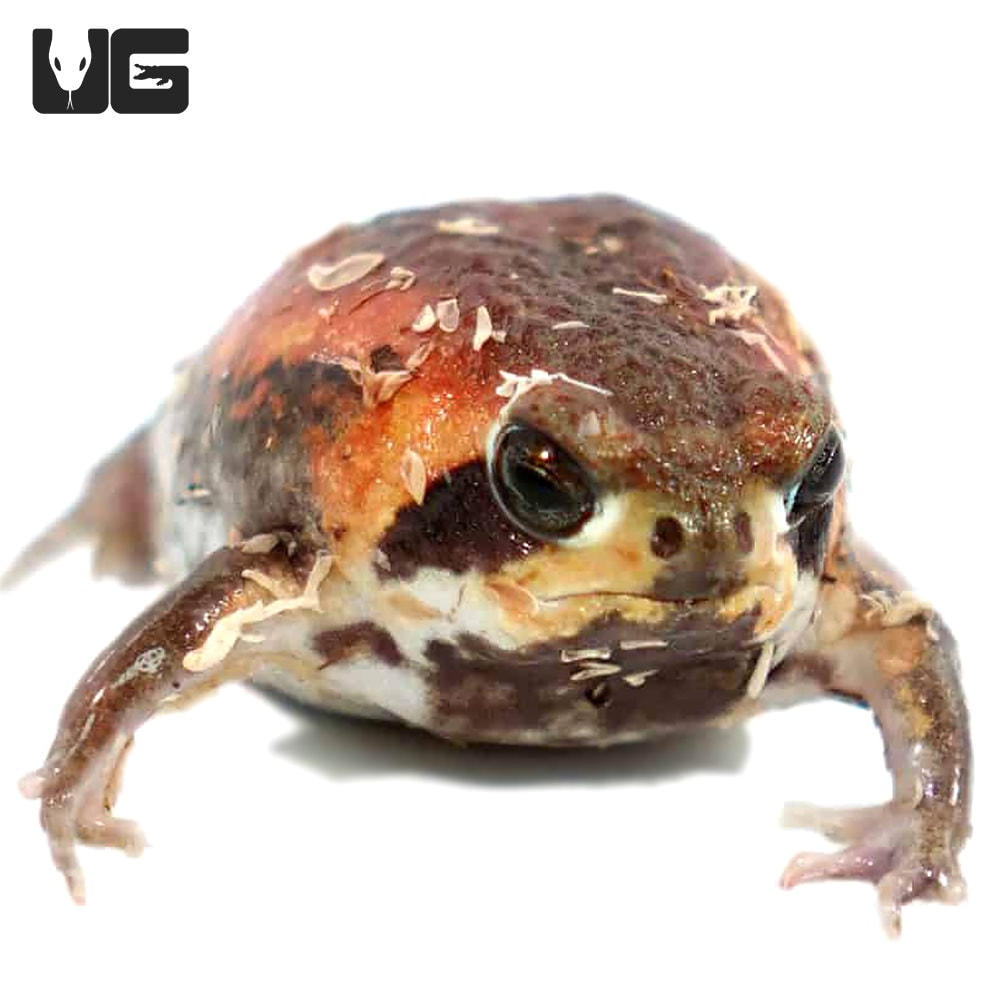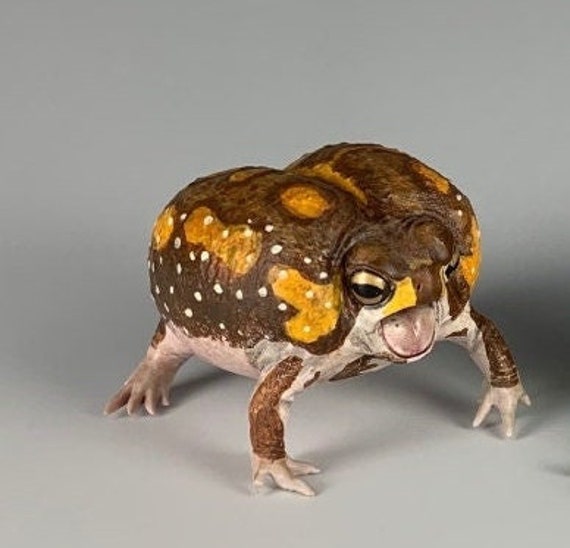Discover Unmatched Beauty: Rain Frog for Sale Waits For to Improve Your Life!
Discover Unmatched Beauty: Rain Frog for Sale Waits For to Improve Your Life!
Blog Article
Common Health And Wellness Issues in Reptiles: Signs And Symptoms and Solutions
In the complex world of reptile care, recognizing the typical health and wellness problems that might affect these special animals is extremely important in ensuring their wellness. Whether it's grappling with parasitical problems, browsing dehydration concerns, or attending to skin disorders that materialize in refined ways, being attuned to the signs and symptoms and outfitted with the expertise of reliable solutions is vital for any reptile owner.
Breathing Infections
Respiratory system infections in reptiles can dramatically affect their general health and require prompt attention from experienced veterinarians. These infections are generally triggered by fungi, viruses, or microorganisms and can show up with symptoms such as hissing, nasal discharge, open-mouth breathing, and lethargy. In reptiles, respiratory system infections can be specifically testing to detect and deal with due to their special composition and physiology. Vets frequently depend on a combination of physical exams, analysis imaging, and research laboratory tests to precisely identify the underlying root cause of the infection.
Therapy for respiratory infections in reptiles commonly entails a combination of encouraging treatment, such as maintaining proper moisture levels and temperature level gradients in the room, in addition to targeted medication to deal with the details pathogen liable for the infection. It is vital for reptile proprietors to monitor their family pets closely for any type of signs of respiratory system distress and look for vet treatment at the earliest sign of a problem. With timely intervention and suitable therapy, many reptiles can recoup completely from respiratory system infections and resume normal activities.

Metabolic Bone Illness
What factors add to the development of Metabolic Bone Condition in reptiles?
Metabolic Bone Illness (MBD) in reptiles is primarily triggered by an absence of proper calcium, phosphorus, and vitamin D3 levels in their diet plan. When reptiles do not obtain appropriate calcium, either via their food or appropriate UVB exposure for vitamin D3 synthesis, they go to a high risk of establishing MBD. Reptiles with diets reduced in calcium or imbalanced calcium to phosphorus proportions are specifically prone. Additionally, inadequate direct exposure to UVB light prevents reptiles from manufacturing vitamin D3, which is critical for calcium absorption and bone wellness.
Insufficient humidity degrees can additionally affect a reptile's capability to metabolize calcium successfully. Routine vet check-ups, correct husbandry methods, and a well balanced diet plan are necessary to prevent Metabolic Bone Condition in reptiles.
Parasitic Invasions
Parasitical problems position a considerable wellness threat to reptiles, influencing their total well-being and calling for timely vet interest. Reptiles can be impacted by various bloodsuckers, consisting of mites, ticks, interior worms, and protozoa. These bloodsuckers can trigger a range of symptoms, such as weight loss, sleepiness, skin irritation, looseness of the bowels, and even fatality if left neglected.
One common bloodsucker found in reptiles is the mite, which can create skin stress and anxiety, anemia, and irritability. Ticks are an additional outside bloodsucker that can transfer diseases and trigger pain to the reptile. Inner parasites like worms and protozoa can cause gastrointestinal problems, malnutrition, and damage the reptile's body immune system.
To diagnose a parasitic invasion, a veterinarian may perform fecal tests, skin scrapings, or blood tests. Therapy frequently includes deworming medicines, antiparasitic baths, or in severe cases, a hospital stay. Preventative steps such as normal vet exams, proper health, and quarantine treatments for new reptiles can assist reduce the threat of parasitical problems and guarantee the wellness of reptile animals.
Dehydration and Hydration Issues
Dehydration in reptiles can dramatically influence their health and wellness and health, necessitating prompt intervention and ideal hydration administration. Reptiles are prone to dehydration because of numerous elements such as insufficient water consumption, high ecological temperatures, and specific wellness conditions. Symptoms of dehydration in reptiles include sunken eyes, sleepiness, loss of skin elasticity, and reduced urination. Dehydration can lead to major wellness concerns and even be deadly to the reptile - rain frog for sale. if left unattended.
To avoid dehydration, reptile proprietors should make certain that their animals have accessibility to tidy water in any way times. The water dish must be large enough for the reptile to take in if needed, especially for varieties that absorb water via their skin. Additionally, maintaining appropriate moisture degrees in the reptile's enclosure and giving routine baths can help protect against dehydration.
In cases of dehydration, it is important to seek veterinary treatment quickly. A vet might carry out liquids either orally or through shots to rehydrate the reptile. It is necessary to attend to the underlying root cause of dehydration to stop reappearance and make certain the reptile's general health.
Skin Conditions

Conclusion

Respiratory system infections in reptiles can considerably influence their general health and wellness and require punctual attention from seasoned vets (rain frog for sale). Preventative actions such as normal veterinary exams, appropriate hygiene, and quarantine treatments for new reptiles can assist minimize the danger of parasitical infestations and guarantee the health of reptile pets
If left neglected, dehydration can lead to severe health concerns and even be fatal to the reptile.
On a regular basis inspecting your reptile for any type of why not look here modifications in skin appearance, look, or shade can assist in early discovery and treatment of skin ailments, advertising the general health and well-being of your scaly companion. - rain frog for sale
In final thought, reptiles are prone to different health and wellness concerns such as breathing infections, metabolic bone condition, parasitic infestations, dehydration, and skin conditions.
Report this page